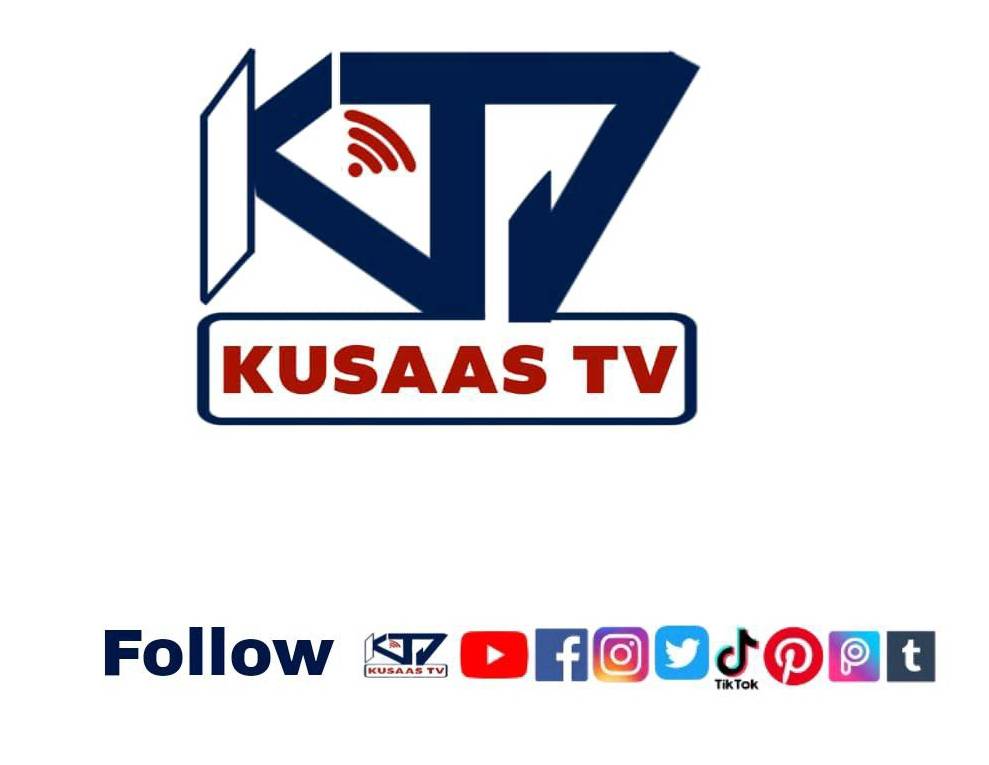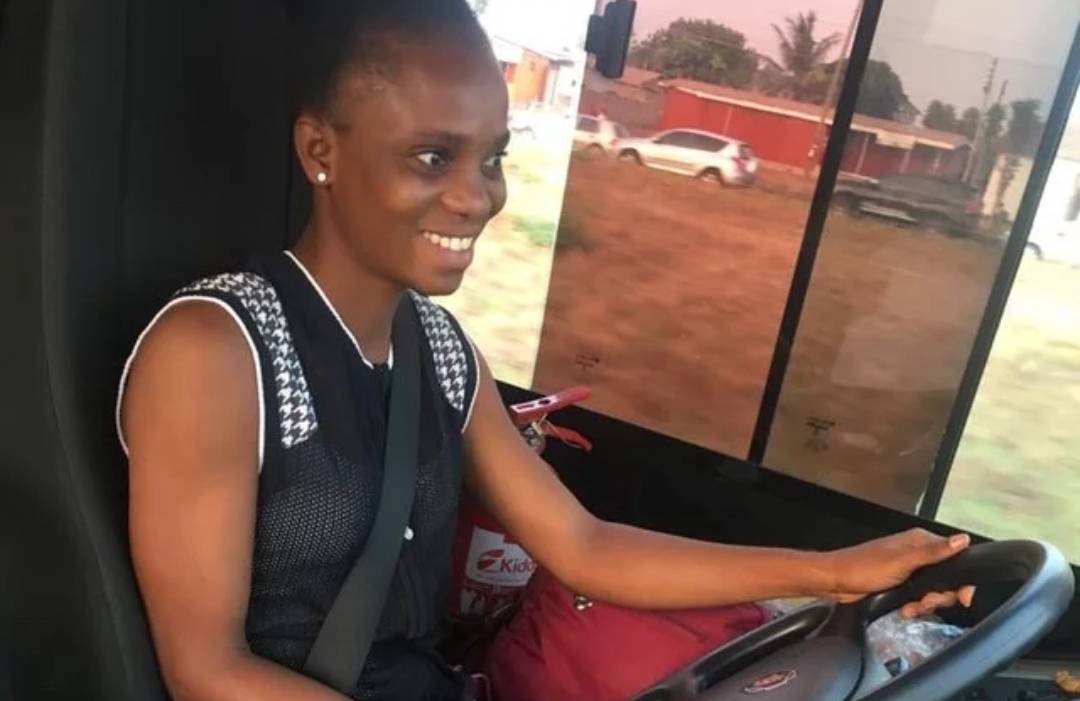A recent claim about Mary Lalako Agboli, the woman who drove Vice President Dr. Mahamudu Bawumia during the pilot launch of electric buses in Accra, has sparked much discussion. According to Deputy Transport Minister Hassan Tampuli, Mary was a former head porter, or kayayo, trained under a government initiative. However, after thorough checks, this claim turns out to be untrue. Here is the real story of Mary Lalako Agboli, a dedicated professional whose journey has been shaped not by government programmes but by a nonprofit organization’s efforts.
On November 27, 2024, Vice President Dr. Mahamudu Bawumia unveiled 10 electric buses as part of Ghana’s push towards a cleaner transport system. During the event, the spotlight fell on Mary, who confidently drove the Vice President. Her presence became a symbol of progress and empowerment, especially with claims tying her to a government training programme for head porters. The Deputy Minister for Transport praised the initiative, stating that Mary had been trained as part of a project to equip kayayei with driving skills. But was this really her story?
To uncover the truth, we need to rewind the clock. Mary Lalako Agboli’s journey started long before this event. In 2017, she enrolled in a professional driving programme run by the Network of Women Growth (NEWIG Ghana), a nonprofit organization that helps women gain vocational skills. At the time, Mary was a pupil teacher seeking a better livelihood. Through NEWIG’s training, she acquired professional driving skills and graduated with a new career path ahead of her.
After completing her training, Mary joined the Aayalolo Bus Rapid Transit (BRT) system as a driver. For nearly six years, she worked diligently, ensuring passengers traveled safely and efficiently across Accra. Her professionalism and dedication earned her recognition within the transportation sector.
The timeline of events makes it clear that Mary was not a beneficiary of the government’s initiative for head porters. In fact, the government’s training programme for kayayei was only announced in May 2024, several years after Mary had already become a skilled driver working with Aayalolo.
Further evidence supporting this includes news reports and images of Mary from as far back as 2020. For instance, a February 2020 report by Channel One TV featured Mary driving an Aayalolo bus. This was long before the government’s training programme for kayayei began. Additionally, a September 2024 photo of Mary with NEWIG Ghana’s CEO reaffirmed her connection to the nonprofit organization rather than any government initiative.
Mary’s story also highlights another important fact: she was never a head porter. Before joining NEWIG Ghana, she worked as a pupil teacher, seeking opportunities for growth. The idea that she transitioned from carrying loads as a kayayo to driving buses is a misrepresentation of her life and achievements.
It is important to celebrate Mary’s success for what it truly is. Her journey shows the impact of empowering organizations like NEWIG Ghana, which provide women with tools to transform their lives. At the same time, it is crucial to fact-check claims, especially those that attempt to fit individuals into pre-made narratives.
The claim made by the Deputy Minister gained widespread attention because of its feel-good message about the government’s efforts to uplift marginalized groups like kayayei. Media outlets and social media users quickly spread the story, praising the initiative. While empowering head porters is undoubtedly a worthy cause, linking Mary’s accomplishments to this programme undermines the real efforts behind her success.
Mary’s story should inspire all of us, not because of a false narrative, but because of her hard work, determination, and the support she received from NEWIG Ghana. By telling her true story, we honor her achievements and the impact of organizations that work tirelessly to uplift women.
As Ghana continues to explore cleaner transportation options like electric buses, it is important to celebrate the individuals contributing to this vision with honesty and accuracy. Mary Lalako Agboli is a shining example of what can be achieved through proper training and opportunities. She is not just a bus driver; she is a role model for aspiring women across the country.
The next time you see an electric bus in Accra, think of Mary and her journey. It is a story of hope, transformation, and the power of giving people a chance to thrive. Let us always remember to dig deeper and celebrate the truth, for that is where real inspiration lies.




No comments yet
Be the first to share your thoughts!